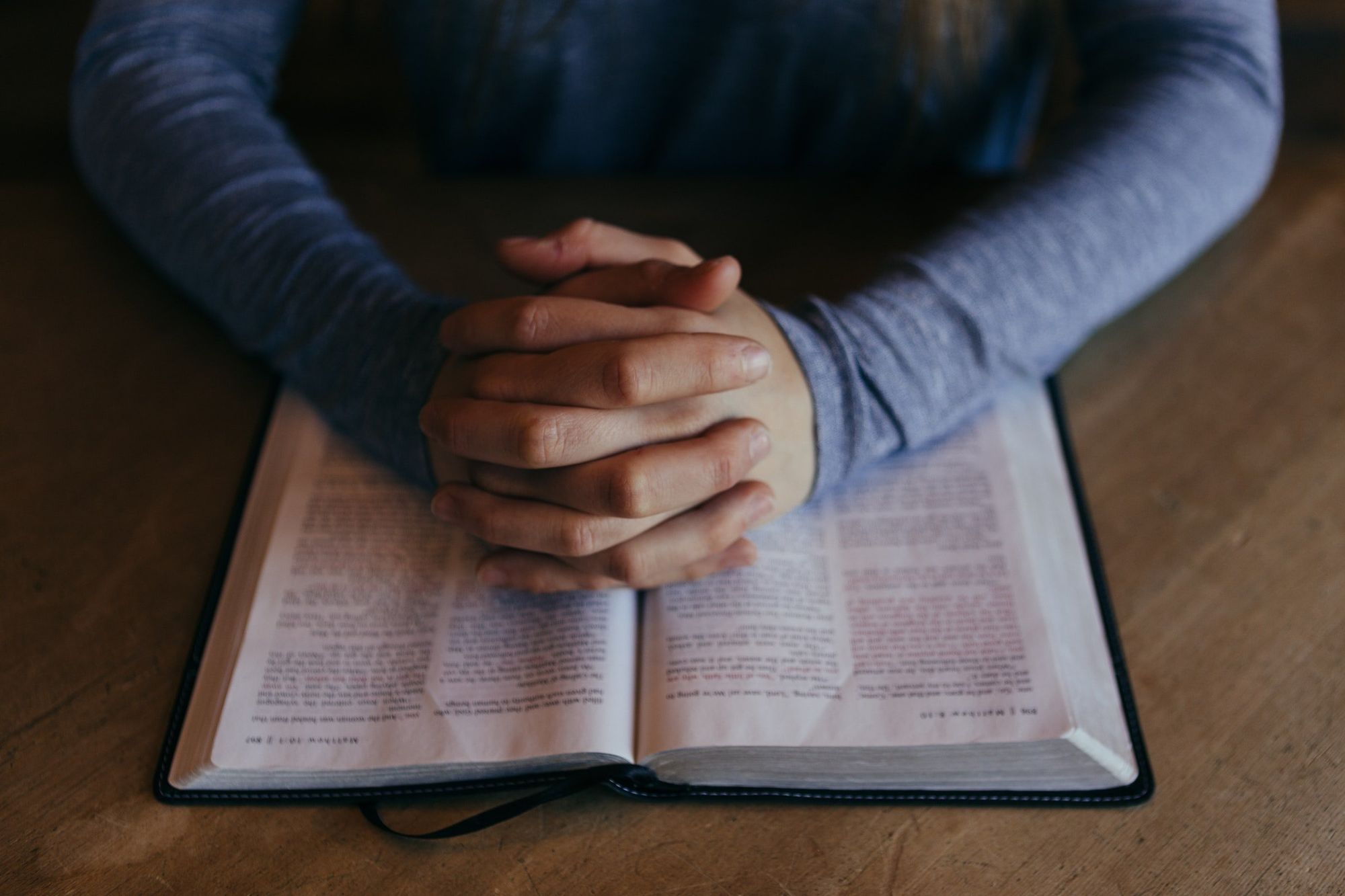The New Testament likens the Christian life to a race, a boxing match, and warfare. But most commonly it describes it as a walk.
Adam and Eve ‘heard the sound [voice] of the Lord God walking in the garden in the cool of the day’ (Genesis 3:8). They recognised that voice. Clearly they were familiar with his presence.
When they sinned, they could not walk with God any longer — instead they hid from him among the trees. But by God’s grace they walked again with him, because they were enabled to look in faith to a coming deliverer who would suffer to defeat the evil one.
Without the cross of Christ, no walk with God is possible.
A personal experience
‘Enoch walked with God’ (Genesis 5:24). He enjoyed sweet fellowship with God. He was no theorist, giving intellectual assent to the existence and nature of God. God was real and personal in his experience.
His whole life was a walk with God. Walking by faith ‘he had this testimony, that he pleased God’ (Hebrews 11:5).
The Lord requires men to ‘do justly, love mercy and walk humbly with … God’ (Micah 6:8). Some modern Bible translations replace the word ‘walk’ (when applied to Christians) by ‘live’, missing the point that the Christian’s life is a walk with God. Paul repeatedly uses the term that way.

Holiness
This walk is a walk of holiness, which means, among other things, obedience to God’s law. Disobedience and holiness are mutually exclusive. There cannot be prayerful fellowship with God, and delight in his Word, if our lives are not governed by that Word.
We must not think of ‘the spiritual life’ as if it were distinct from ordinary life. The Christian’s life as a whole is to be spiritual (Galatians 5:16,25).
This spirituality relates to family relationships, friendships, business, recreation, the books and magazines we read, the TV programmes we watch — it is all-inclusive. It determines the quality of our lives, the nature of our ambitions and our lifestyle.
A life governed by the Word of God will be qualitatively different from that of the unregenerate. Its one aim is to glorify God in all its activities — even eating and drinking (1 Corinthians 10:31).
That is true holiness: it is dynamic, exacting, all-embracing and never static. It is intrinsic to our walk with God.
Peace
The walk with God is a walk of peace. That was the psalmist’s experience: ‘Great peace have those who love your law’ (119:165). But those who walk without God may win wealth and prestige, but not peace. ‘There is no peace’, says the Lord, ‘for the wicked’ (Isaiah 48:22; 57:21).
How often our Saviour spoke of peace — his peace — and bestowed it on others. Peace is our Lord’s bequest: ‘Peace I leave with you’ (John 14:27). In a distraught world the Christian has serenity, for he walks with ‘the God of peace’ (Hebrews 13:20).
Peace cannot be earned. It can be lost through backsliding. It is God’s gift to those who walk with him.
Safety

The walk with God is a walk of safety. This is a dangerous world, physically and spiritually. Lying in the arms of Satan, it provides no hiding-place (1 John 5:19). But with God as our refuge we rest in the arms of a loving Father (Deuteronomy 33:27).
Man’s own way may seem right, but it leads to death (Proverbs 14:12). But the evil one cannot lay hold on one who is kept by Christ (John 10:28-29).
This is not to say that the Christian’s walk has no hazards. Think of Paul; few men suffered more for righteousness’ sake.
From Stephen’s martyrdom to the present day, countless thousands have suffered — and still suffer — imprisonment, torture and death rather than deny their Lord or abandon his cause.
‘Yet in all these things we are more than conquerors through him who loved us.’ No power in the universe can ‘separate us from the love of God which is in Christ Jesus our Lord’ (Romans 8:37,39).
It is an honour and privilege to bear our Saviour’s reproach (Hebrews 13:13). Paul took pleasure ‘in reproaches, in needs, in persecutions, in distresses, for Christ’s sake’ (2 Corinthians 12:10).
Samuel Rutherford wrote: ‘You are in the beaten and common way to heaven, when you are under our Lord’s crosses: you have reason to rejoice in it more than in a crown of gold’.

Witness
The walk with God is a walk of witness. His children ‘walk in truth’ (2 John 4; 3 John 3). Living a life consistent with our Christian profession is a powerful witness to an unbelieving world.
Christians are to be distinct (though not eccentric or odd), shining ‘as lights in the world’ (Philippians 2:15). Enoch and Noah, who walked with God, were remarkable examples of those ‘who stood firmly in the season of most dreadful dissipation’ (Calvin on Enoch).
The God with whom we walk says plainly that we are his witnesses (Isaiah 43:10,12), and the risen Christ told his disciples: ‘You shall be witnesses to me’ (Acts 1:8).
Having proved the power of the gospel, we must be heralds of the gospel, determined at all costs to ‘speak the things we have seen and heard’ (Acts 4:20). We cannot walk with God in silence.
God walks with us
As we walk with God he also walks with us. ‘I will walk among you and be your God, and you shall be my people’ (Leviticus 26:12). The redeemed have a covenant relationship with God and are united to him in a bond of love.
This blessed walk never ends. Christ says of his own: ‘They shall walk with me in white, for they are worthy’ (Revelation 3:4).
We are constantly learning how to walk with God and what it entails, but we often stumble — as Scripture, church history, and our own experience all testify. But by God’s enabling we persevere.
In heaven our walk with God will be perfect, unmarred by sin. Yet that walk begins now, at the cross, as we look in faith to Christ and his redeeming work.






